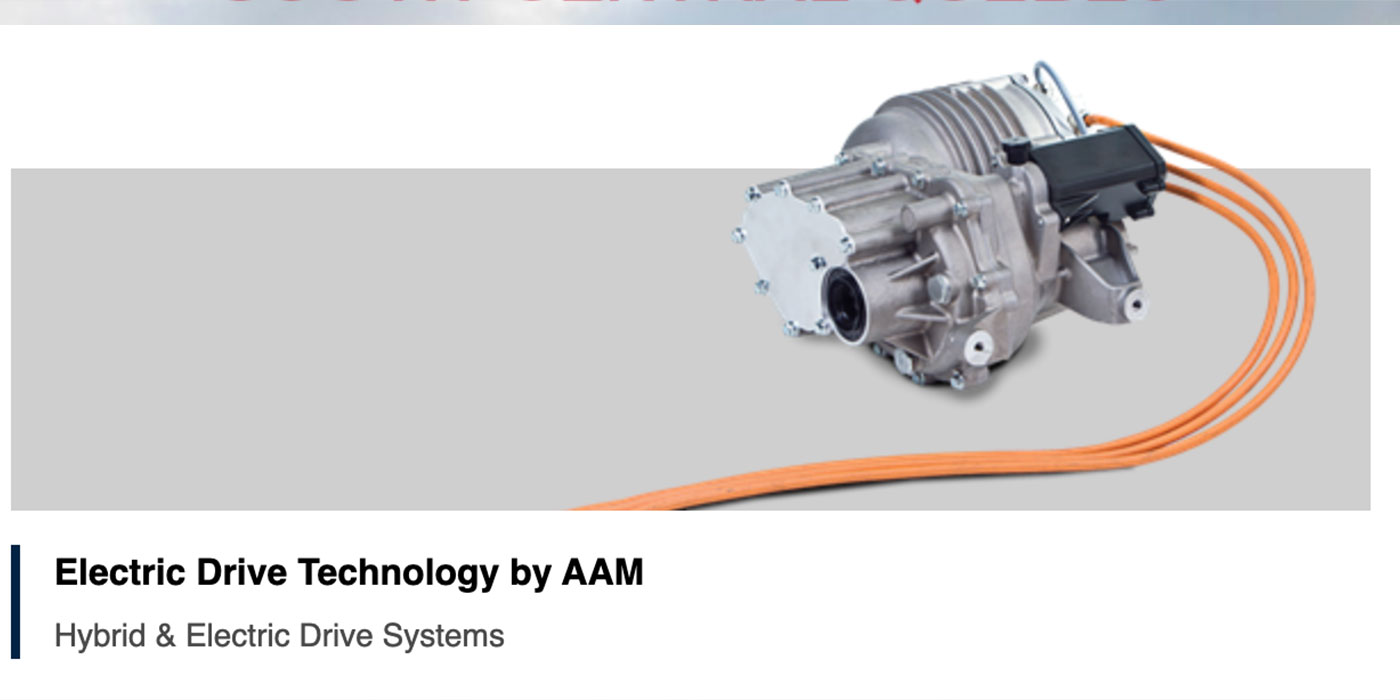The prospect for dramatic changes in transportation has led to increased uncertainty about future oil demand. However, the gradual pace of global vehicle fleet turnover and the need for significant upstream investment to maintain existing oil production volumes over the longer term will continue to present opportunities for ongoing expansion of the Canadian oil sands, according to a new report by IHS Markit, a global provider of information, analytics and solutions.

The IHS Canadian Oils Sands Dialogue report, titled “Where Will Transportation Drive Global Oil (and Oil Sands) Demand?,” explores the key factors and uncertainties that may shape the future of automotive demand for liquid hydrocarbons – and, in turn, on global oil demand and key sources of global crude supply, such as the Canadian oil sands.
While IHS Markit and many other prevailing long-term global energy forecasts expect oil demand to continue to grow over the next two decades, the potential for disruptive changes to transportation – a sector that accounted for half of the 96 million barrels per day (mbd) of oil consumed globally in 2016 – have added a level of uncertainty, the firm notes.
The report says that the potential proliferation of increasingly stringent vehicle ownership and use policies, changes in consumer behavior, new technologies and the pace of economic growth, as well as the impacts of new mobility models such as ride-hailing services and autonomous vehicles are key sources of uncertainties facing global oil demand. The combination of these factors could foreseeably lead to a peak in oil demand or, alternatively, lead to it reaching new heights.
Regardless of how these factors play out, the gradual nature of transitions and the long life of the existing on-road fleet means that the impact on oil demand will likely be at a measured pace, the report says. Ninety-six percent of new vehicle sales featured combustion engines in 2016. IHS Markit estimates the average vehicle life globally to be about 15 years, which means that the impact of new vehicle technologies is expected to take time to materially affect the vehicle fleet and overall fuel demand.
“When we look at the future of the car and the impact of key factors such as electric vehicles sales, we see the slow turnover rate of the global vehicle fleet muting the effect of new technologies on global oil demand,” said Kevin Birn, a director for IHS Energy who leads the Oil Sands Dialogue. “However, the future of the car – and the sources of energy that propel them – is certainly not predetermined and the potential exists for the future to surprise, up or down.”
The report also notes that with slower or even flat world oil demand, key sources of oil supply will remain an important part of meeting global oil demand. IHS Markit expects that the world needs to find and replace about 45 million bpd of crude oil by 2040 (more than half of what the world consumed in 2016) to meet demand growth—37 mbd to offset production from declining fields plus 8 mbd to meet demand growth.
Canadian oil sands are expected to remain one of the key pillars of global crude oil supply growth due in part to the fact that – unlike most other sources of supply globally—production from oil sands facilities does not decline. The absence of production declines means that each investment in new oil production results in growth, the report says.
“Looking ahead to future automotive demand for refined products and, in turn demand for crude oil, it is easy to fixate on one or two factors. But this misses the larger picture,” said Tiffany Groode, IHS Energy senior director. “More likely, the future for transportation will come from a variety of variables, from economic activity and government policy, to shifting consumer preferences. Navigating this uncertainty and understanding how numerous variables will interact and influence one another will be pivotal.”
“Where Will Transportation Drive Global Oil (and Oil Sands) Demand?” and all other IHS Oil Sands Dialogue research is available at ihs.com/oilsandsdialogue.














